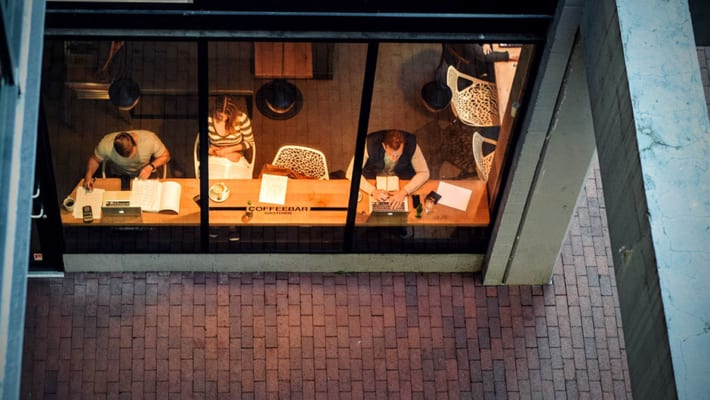
- Nearly three quarters (71%) of workers fully unwind during the festive season
- Four in ten (40%) employees take up flexible working options
- Workers feel more stressed by seeing the in-laws (16%) than working remotely (7%)
‘Tis the season to switch off, according to leading communications provider Teleware. A new survey of 2,000 UK workers has found that nearly three quarters (71%) are able to fully unwind during the festive season.
Just one in ten (9%) workers are tempted into checking their emails during the holidays. This signifies a significant slowdown to the rest of the year, when more than half (55%) of workers are interrupted by work.
However, as Christmas cabin fever takes hold, there’s a growing desire to re-connect. In fact, one in five (19%) employees have used work as an excuse to get out of commitments at home during the festive season.
Setting up for seasonal success
With one in five (21%) workers concerned about their January workload, the break between Christmas and New Year can be a good time to get ahead. For those who choose to stay online, four in ten (40%) take up flexible working options to spend more time at home with friends and family.
Gone are the days of remote workers grappling with outdated hardware and poor connections. The research shows that just 7% find working from home a stressful experience. Money (40%), family (22%), travelling (18%) and seeing the in-laws (16%) all rank higher.
Steve Haworth, CEO of Teleware comments: “As offices across the country shut their doors, the break between Christmas and New Year can be the perfect time to catch a break. But if workers do want to connect, they should be able to do so while sat in front of the fire, in their pyjamas and watching a festive film! It’s brilliant to hear that technology is working as it should for so many employees. This means they can be more productive and get back to spending time with loved ones.”
Note
Survey conducted by Censuswide with 2,300 UK full time employees between 18th – 24th October 2019.



